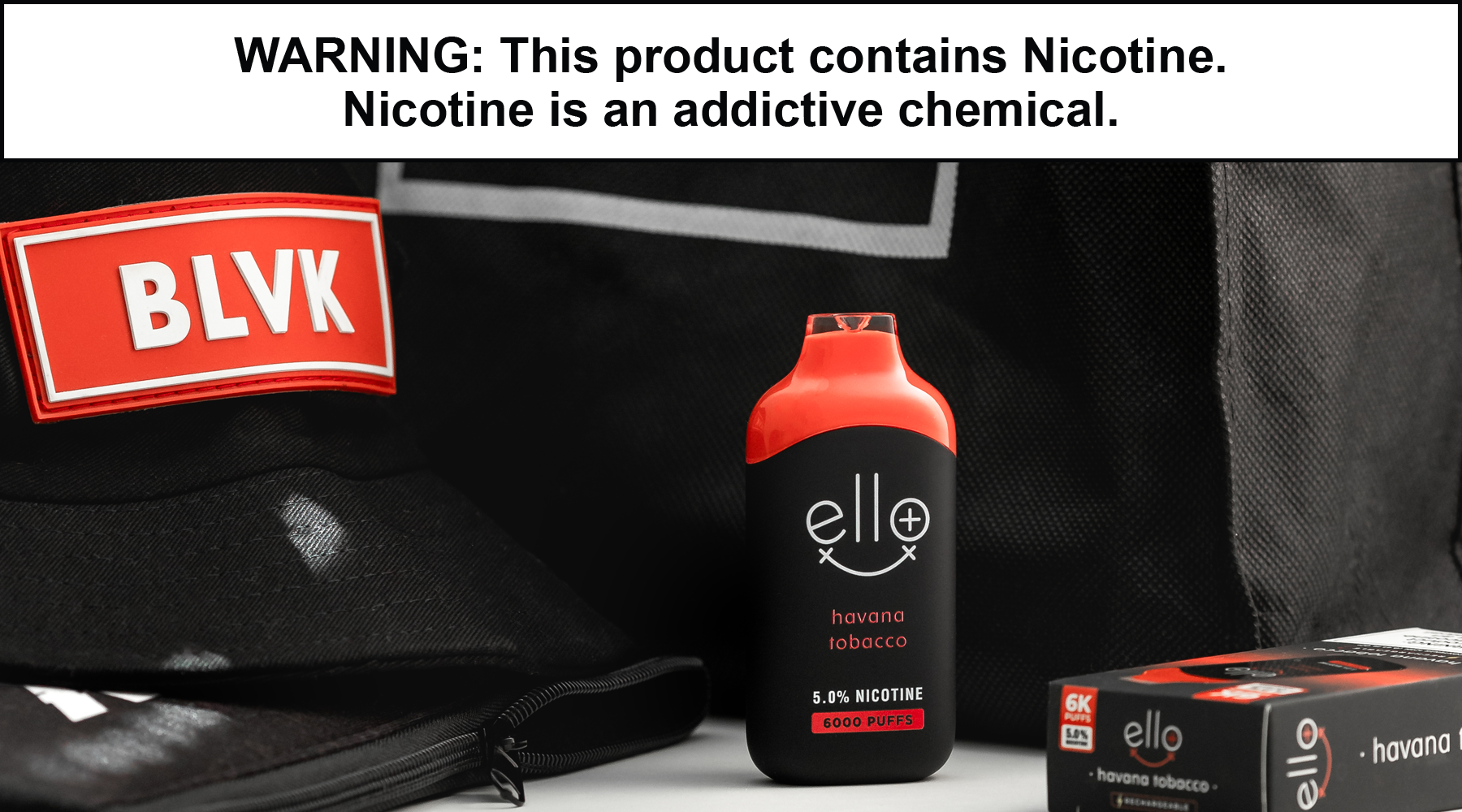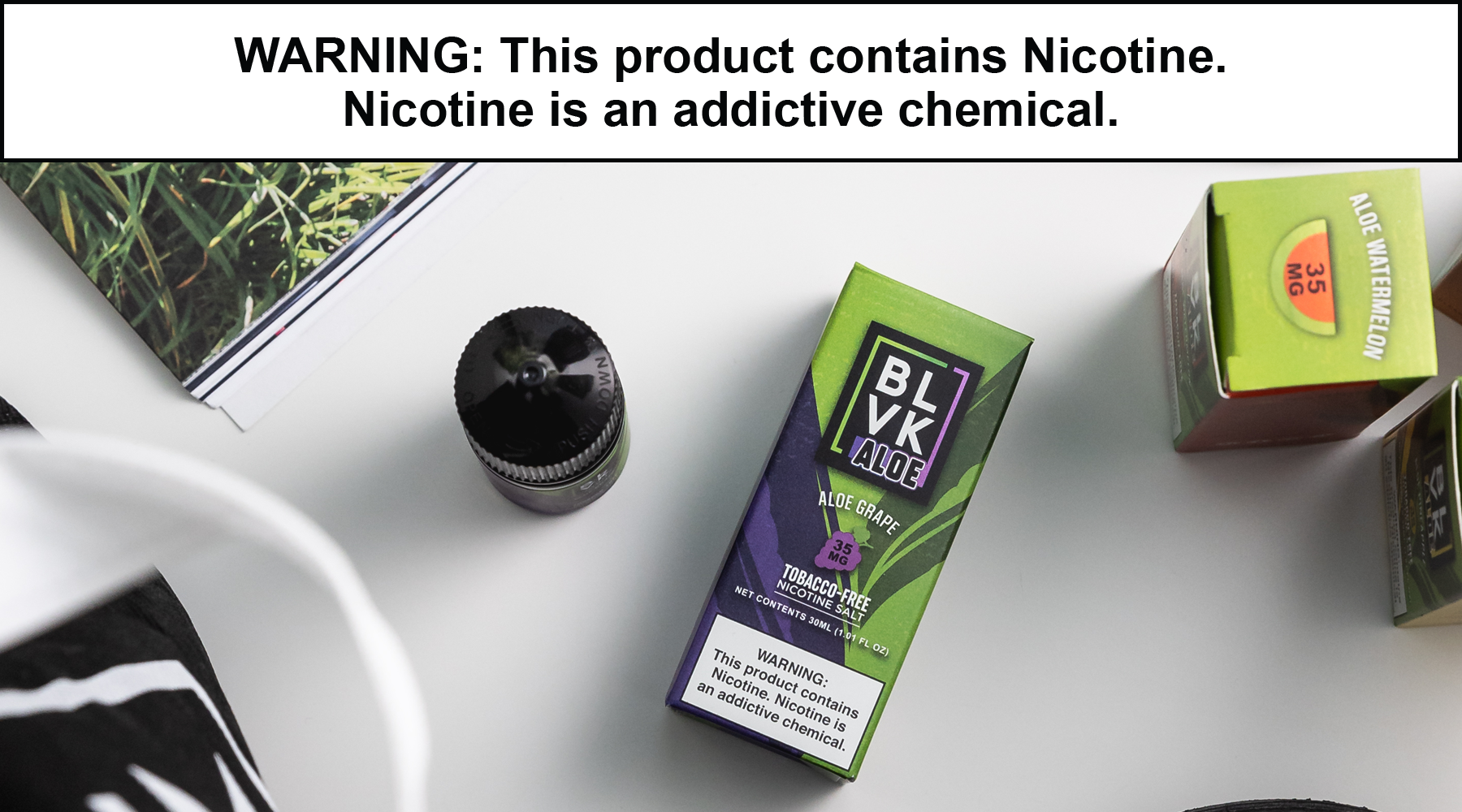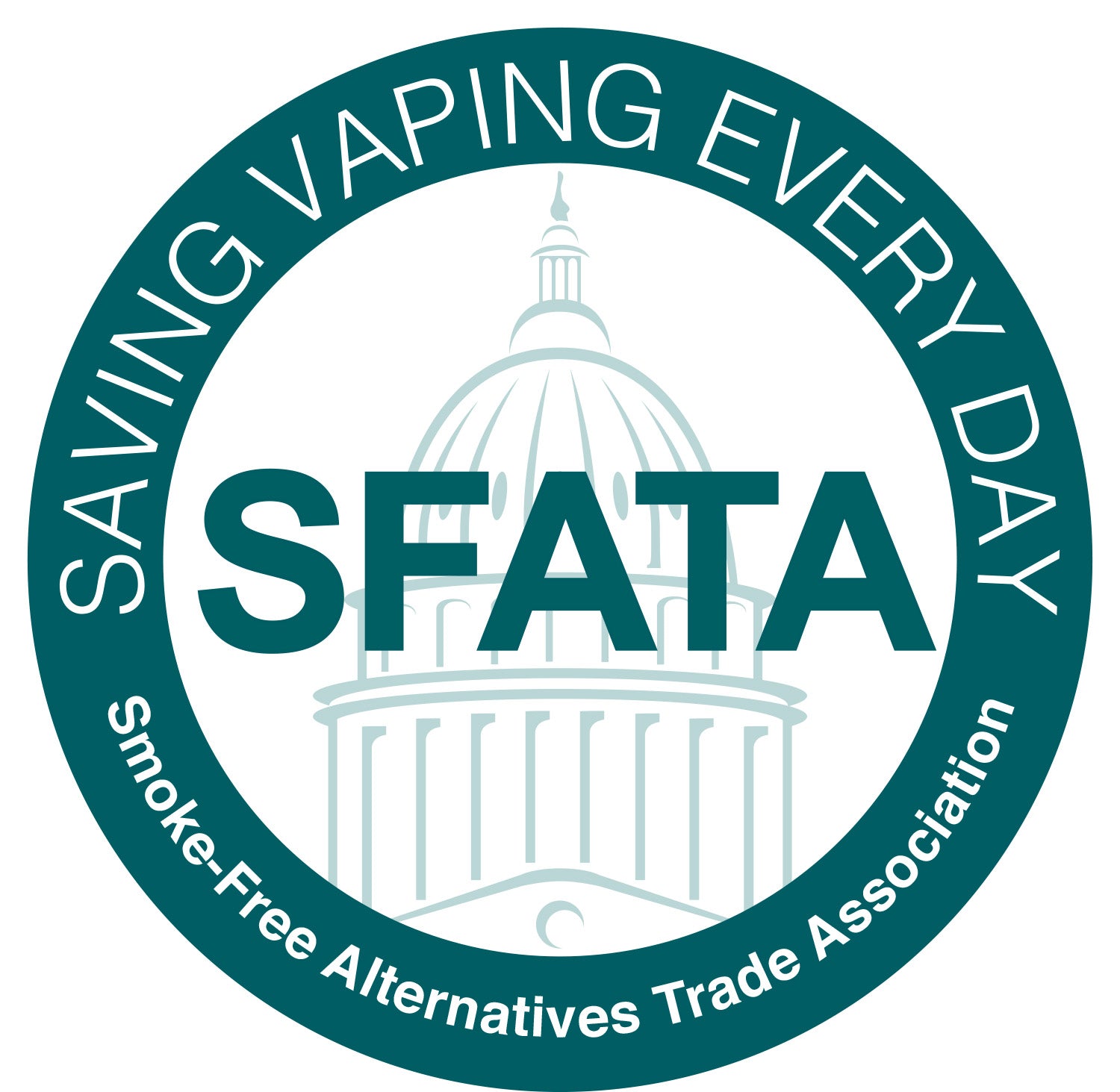In long term continuous users, over a period of eight years, substantial changes were observed in the flavors and strength of e-liquids... Their level of nicotine dependence tended to decrease over time.
by Institute for Global Health, University of Geneva, SwitzerlandThat's right folks, you read that correctly; our moment is here. For years the vaping community has suffered because of an unfair and unnecessary campaign against nicotine vaping. There have been excessive claims that our industry targets children and poses as much of a risk to public health as traditional combustible cigarettes. And without much research focused on the long term effects of e-cigarette usage, it hasn't been easy to combat these allegations, despite what our real-world experience with both cigarettes and e-cigarettes have shown us. But not, ladies and gentleman, we have what we known is just the first of many scientific studies that support what we've been saying and advocating for since day one: that nicotine-containing e-cigarettes are a harm reduction alternative to cigarettes.
- Key Takeaways
- 375 e-cigarette users participated in the eight year study.
- At follow up, fewer people than at baseline reported smoking cigarettes in the last month.
- The frequency and strength of cravings decreased over time.
- Fewer participants reported vaping to cope with nicotine cravings and withdrawal symptoms.
- Level of dependence of e-cigarettes decreased over time.
Study Background
Despite the fact that e-cigarettes have been around for over 15 years, there is a startling lack of information related to e-cigarette users. The aim of this study, which was conducted by the Institute of Global Health, Faculty of Medicine at University of Geneva, Switzerland, was to describe the changes in "behaviors, attitudes, and dependence of long term users" over an extended period of time. This type of study, which tracks subjects through time, is called a longitudinal study, and is exactly the kind of information the vaping industry needs to really combat some of the allegations levied against us.
The study enrolled 375 e-cigarette users between 2012 and 2016 and followed up with continuous e-cigarette users again in 2021. The data collected in 2021 (check-in) was then analyzed and compared with the data collected during the initial enrollment phase (baseline) of the study. Participants were not paid or compensated in any way.
Study Findings
The study found that, over the eight year period, there was a two-thirds drop in how many participants had smoked combustible cigarettes in the last month, from 33% at baseline to 11% at check-in. Another big change was in the concentration of nicotine in the e-liquid being consumed, from 12mg/mL down to 6mg/mL, with e-cigarette users also moving away from tobacco flavored e-liquid. Participants who described the frequency and strength of their cravings as 'strong' decreased from 31% down to 18%. Dependence on e-cigarettes dropped over time and fewer participants reported vaping to cope with cravings, and other withdrawal symptoms, at check-in than those who did at baseline.
Another interesting finding from the study was that over time, most e-cigarette users eventually transitioned over to a refillable box mod, otherwise known as an open-system e-liquid setup, allowing them a more personalized experience while also putting less strain on the environment than a closed system disposable e-cigarette would. In general, the study found that e-cigarette users were less dependent on nicotine at the end of the study than they were at the start of the study.

Interpreting These Findings
The findings from University of Geneva's study were aligned with what proponents of e-cigarettes and the vaping industry have been saying for years: e-cigarettes are an effective harm reduction alternative to cigarettes that have the potential to curb nicotine addiction. When looking at the studies key findings, it becomes clear that e-cigarettes have the potential to save lives and potentially change the landscape of the American health system, where each year we lose 480,000 people from cigarette-centric diseases. The study clearly demonstrates that e-cigarettes help to reduce cravings and keep people from smoking cigarettes, two huge obstacles for anyone trying to quit conventional tobacco.

So if cigarettes kill so many people, and e-cigarettes offer a viable alternative, it begs the question, why are there so many powerful organizations who claim to be for the public good, dedicate themselves to eliminate an industry that was literally created to combat the damage done by big tobacco?
If that doesn't make sense to you, don't worry, you're not alone. When you consider the potential of e-cigarettes, and consider the way the entire industry has been gutted, it becomes clear that the organizations claiming to be interested in public health are only really interested in their pockets. Why else would these organizations rely on fear mongering and false information to push a narrative, that, thanks to the University of Geneva's Institute for Public Health, we can clearly see is based on lies and exaggerations? When you look closely at the stated goals of these groups, and then examine their methods, it's clear their priority is not on public health.
Where Do We Go From Here?
This is a huge win for anyone's who's involved in the future of vaping. For the first time, we have solid, irrefutable scientific research that demonstrates that not only are e-cigarettes safe for users over an extended period of time, but that they are a huge part of keeping cigarettes out of peoples hands and smoke out of their lungs, which has the potential to change billions of lives. So from this point, we have to keep fighting for what we've always known is right. E-Cigarettes are the most viable way to quit smoking and keep the American public safe.
Hopefully this is just the start of scientific research into long term e-cigarettes usage and we can have even more of the ridiculous misinformation about e-liquid and its government-approved ingredients refuted by these types of scientific studies. For the time since lawmakers decided to put our industry in their crosshairs, things are looking up for the vaping and e-cigarette industry.










Leave a comment
This site is protected by reCAPTCHA and the Google Privacy Policy and Terms of Service apply.